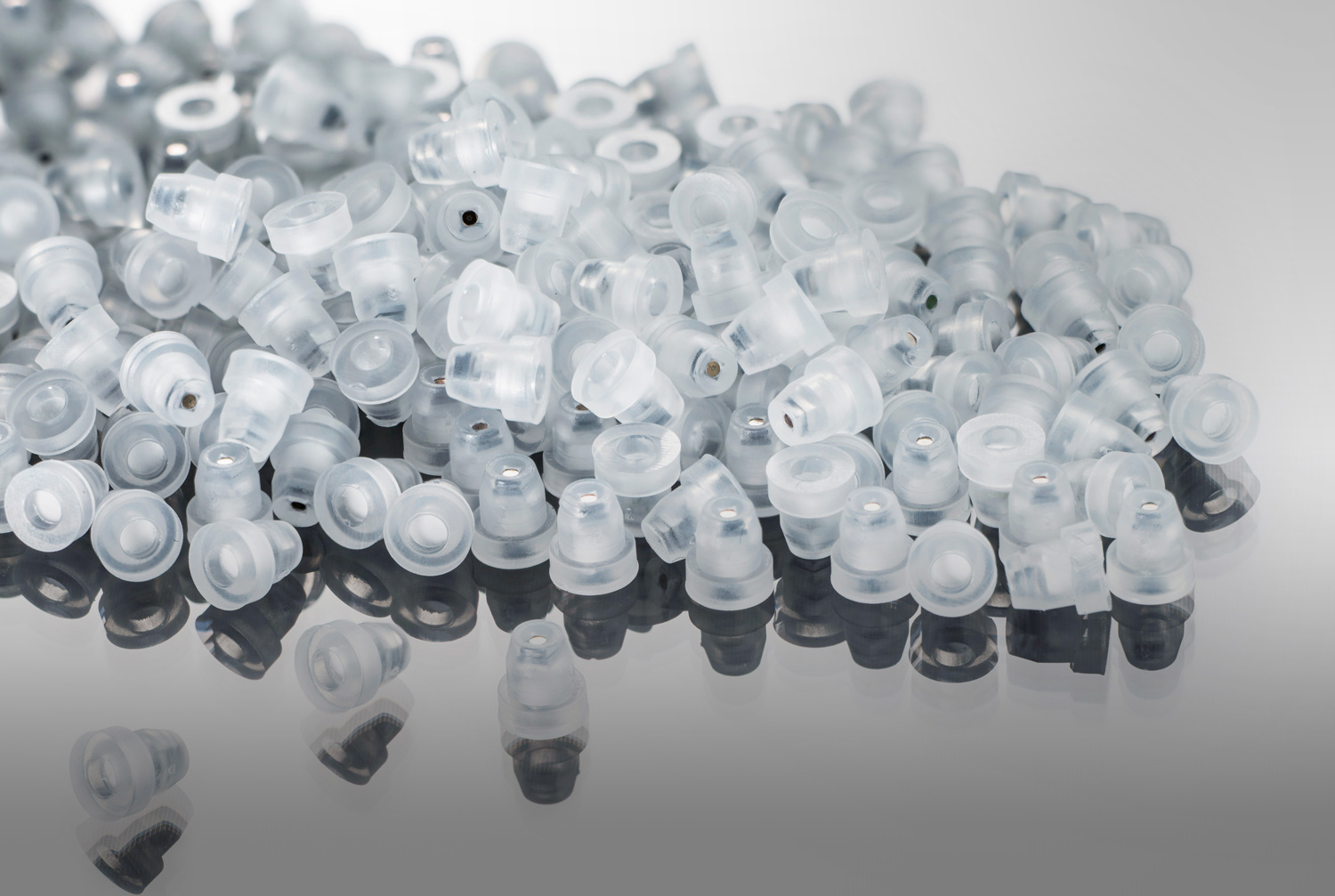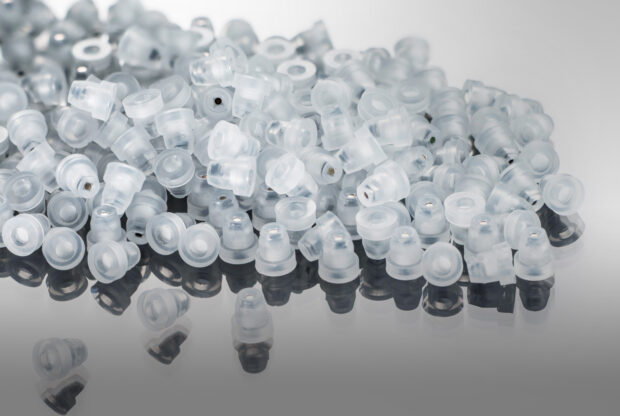Published on: April 10, 2025
Together with the national government and the provinces of Overijssel and Gelderland, EFRO Oost is allocating over €1 million to these projects to potentially reduce the use of crop protection products and to support the development of medical chips. Including the companies’ own contributions, this represents an investment of more than €3.2 million in the regional economy.
Quality control of medical chips
The partners in the project ‘Vision Inspection for Volume Assembly (VIVA)’ are developing an image-driven inspection system for the assembly and quality control of microfluidic chips for medical applications. If a defective medical chip ends up in a final product, it can, in the worst case, lead to health damage or even death. Image analysis contributes to reliable assembly processes, thorough quality control, and high-quality end products, helping to prevent costly recalls. The project partners Medspray (Enschede), ProfTech (Hengelo OV), and Saxion University of Applied Sciences (Enschede) receive a grant of nearly €568,983. The total project costs amount to €1,137,965.


